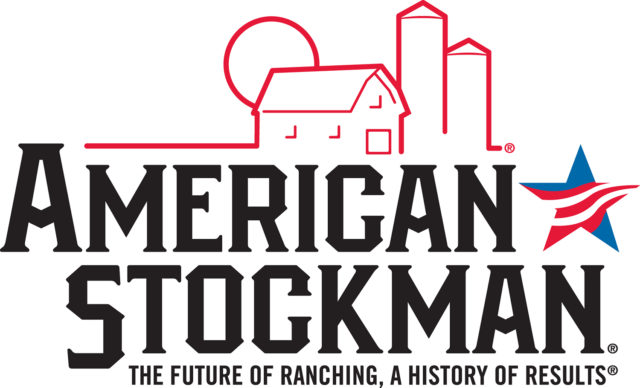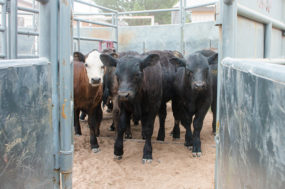The public comment stage is a critical part of our legislative and regulatory process. So when you have a chance to hear about more oversight of the law, the only mistake is to remain silent.
Nobody had that problem in discussing the NAIS proposal. USDA officials got an earful from livestock producers, who expressed concerns about the proposed rule’s reach into animal traceability.
The federal mandate struck a nerve for many, and sparked questions about confidentiality, cost, rigid requirements for states, even the freedom of religion, according to the USDA’s report.
Against such a backdrop, the government had no alternative but to change course. In February of last year, the USDA’s Animal and Plant Health Inspection Service announced it was scrapping the NAIS plan for animal disease traceability.
After a year of reworking it, the feds will announce a new plan next month that pushes the authority into the hands of state government – a more trusted entity for many cattle producers.
Traditional ID methods – including branding – will be acceptable if they’re successful within a state. Washington D.C. is further putting a positive spin on this by saying the new rules only apply to cattle shipped interstate, a small bone thrown to smaller producers in homegrown markets – but a bone nonetheless.
In this issue of Progressive Cattleman, you’ll hear some of those well-reasoned concerns from producers who resent the strong arm of the government and its ham-fisted intrusion into agriculture.
Their skepticism is born of experience. At the just-concluded National Cattlemen’s Beef Association annual convention, one speaker said it best, saying the reason environmental agencies want to regulate ag is because producers tend to be an easy target.
So it’s worth applauding when thousands of beef producers reasonably stand up to government proposals in public hearings – and the government stands down. Call it a Pyrrhic victory perhaps, especially when Washington is just moving the mandate to the state level.
But in this era of emboldened regulation, any victory is worth building upon. And in this case, it speaks to the power of ag producers in waging their cause.
But with that power comes responsibility. The animal ID and disease traceability issue won’t disappear. It is, in fact, looming over the industry and its global trade avenues. But that type of challenge doesn’t have to be a negative, either.
Cattlemen who chafe at any kind of government intrusion can make no greater statement than by proving they have the solution to a traceability system.
If it helps build profit, protect the industry and promote the product, then ID is a viable investment for all cattle segments.
The age-source ID trend is fueled not by government, but by producers who recognize how to meet consumer demands.
Export growth in the beef industry is climbing in countries where animal traceability requires an investment by the producer, and that cost is paying a healthy premium.
Those same foreign consumers also know there’s no equivalent to the quality of U.S. beef. Producers may not entirely like this trend, but they’re foolish to ignore the premium coming from their age-source and ID practices.
The sooner the beef industry chooses its own accountability, the faster it will prove how the strong arm of government is no match for the invisible hand of the market. ![]()

David Cooper
Editor
editor@progressivecattle.com






